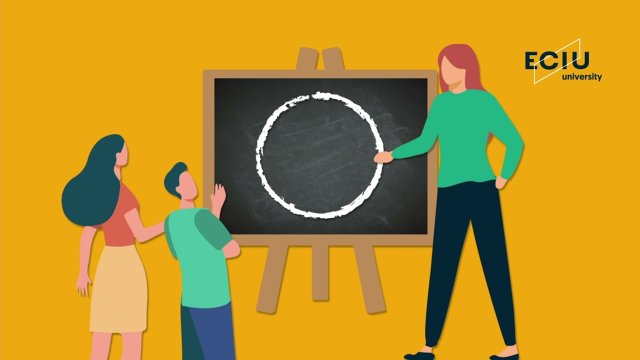Empower your students through challenges! Discover how Challenge-Based Learning (CBL) enables students to learn while designing impactful solutions to global issues.
What is Challenge-Based Learning?
At the University of Twente, CBL is defined as a collaborative, hands-on approach that actively engages students in real and relevant situations. CBL focuses on addressing wicked problems, which are challenging, open-ended, and evolving issues with multiple solutions.1
During a CBL experience, interdisciplinary student groups, along with teachers, field experts, and community members, collaborate to tackle these wicked problems. This approach helps students acquire deep content knowledge and advanced soft skills while creating meaningful real-world impact. It emphasises experiential learning, focusing on learning by doing and embracing surprises and setbacks.2
Why Apply Challenge-based Learning?
Explore this video introduction to understand how CBL can enhance students' learning experiences:
Contact
CELT can support the design, implementation, and evaluation of CBL education. For assistance or inquiries, connect with our CBL experts:

